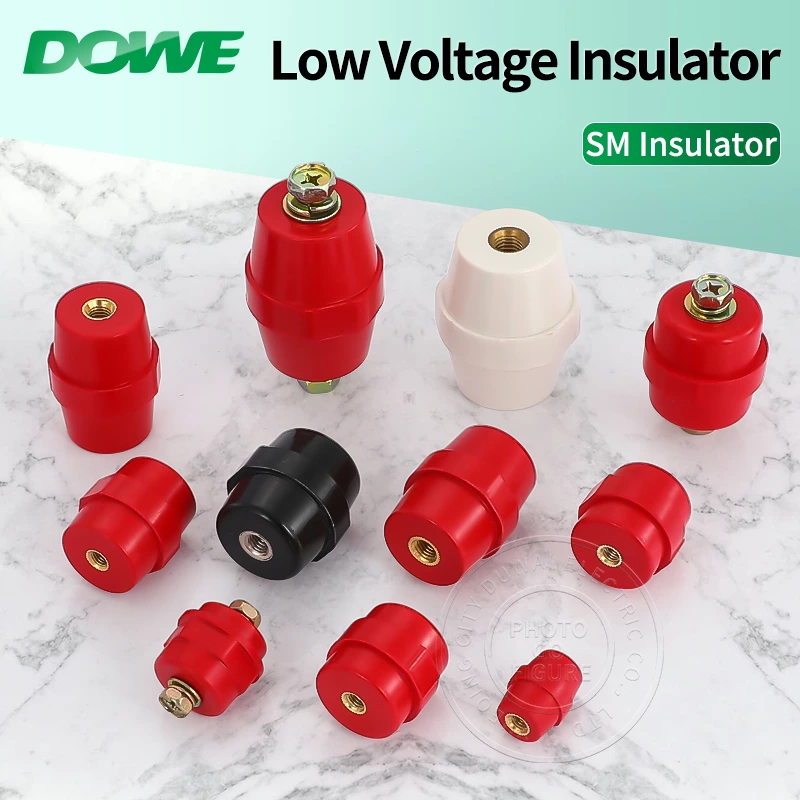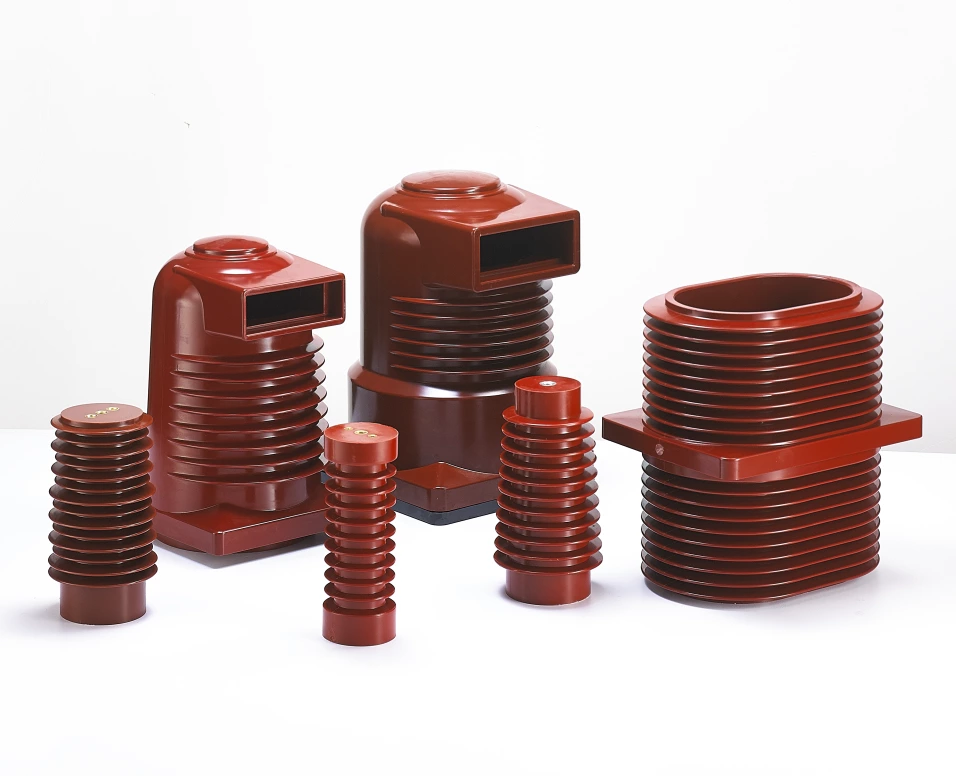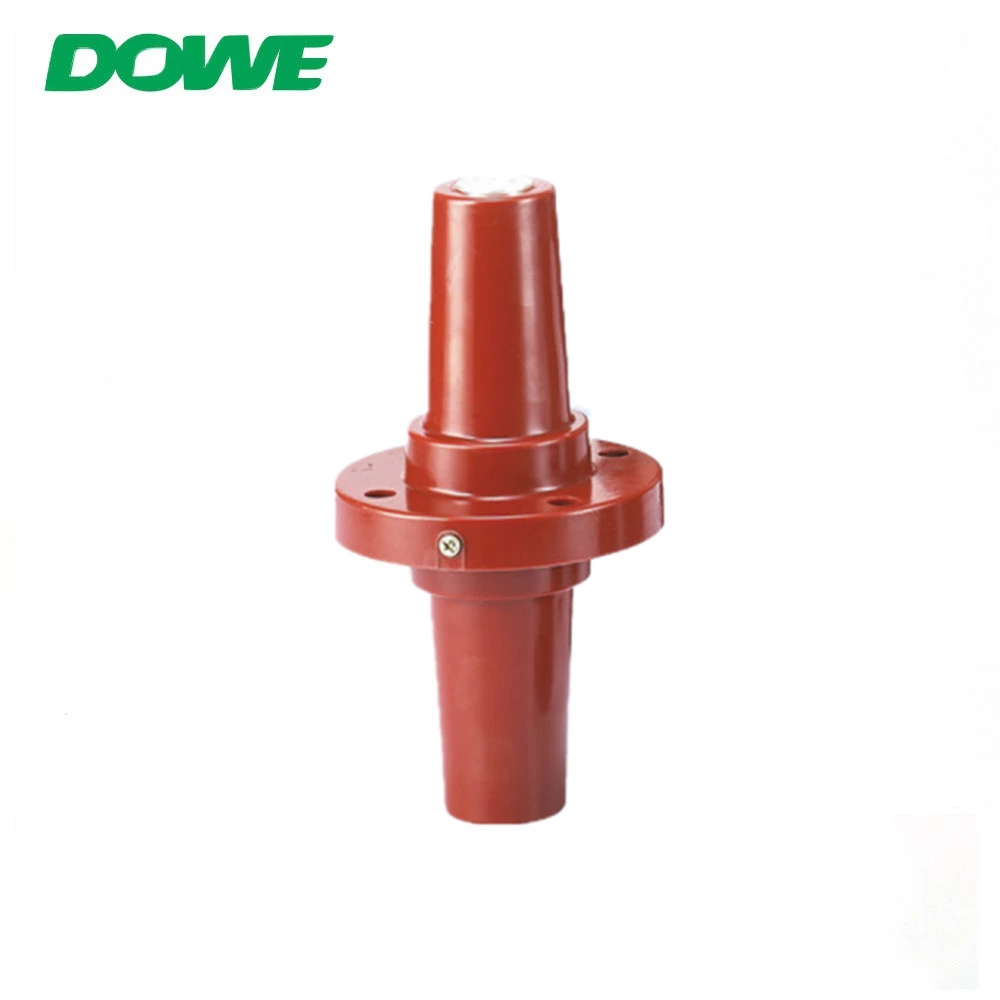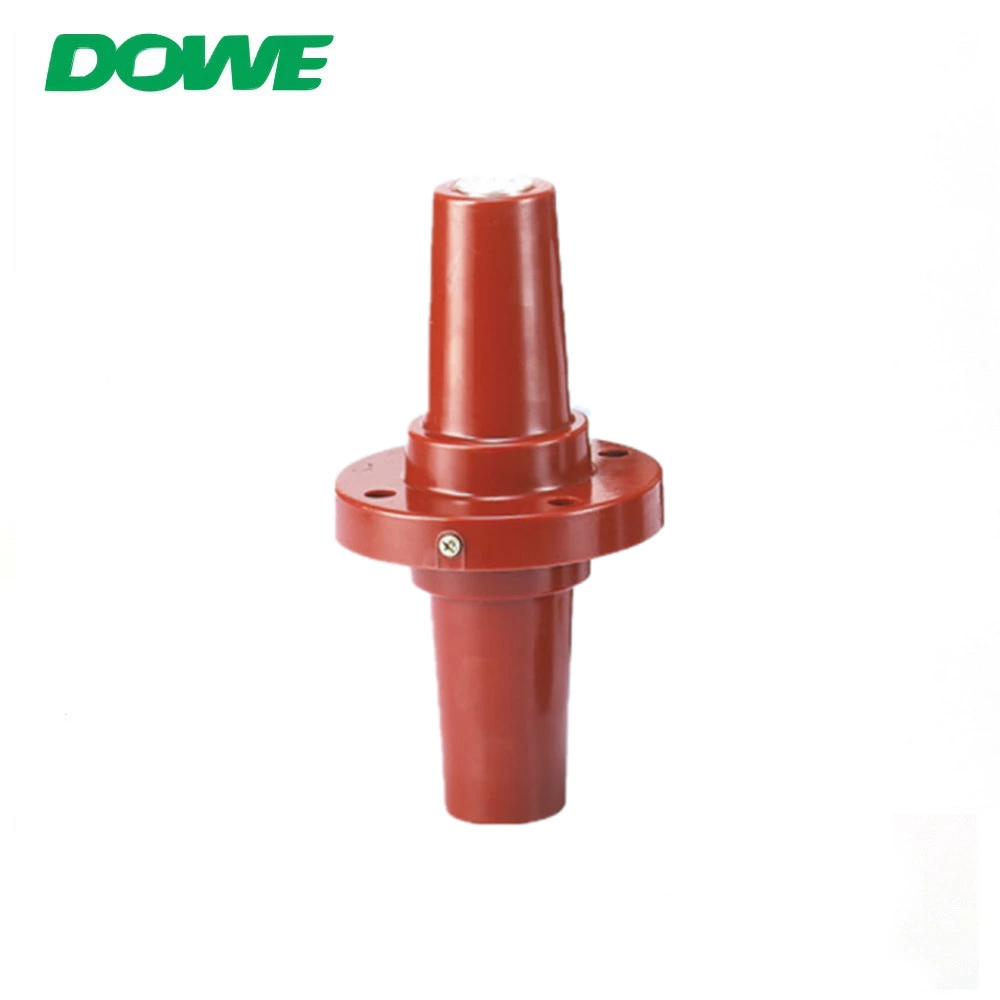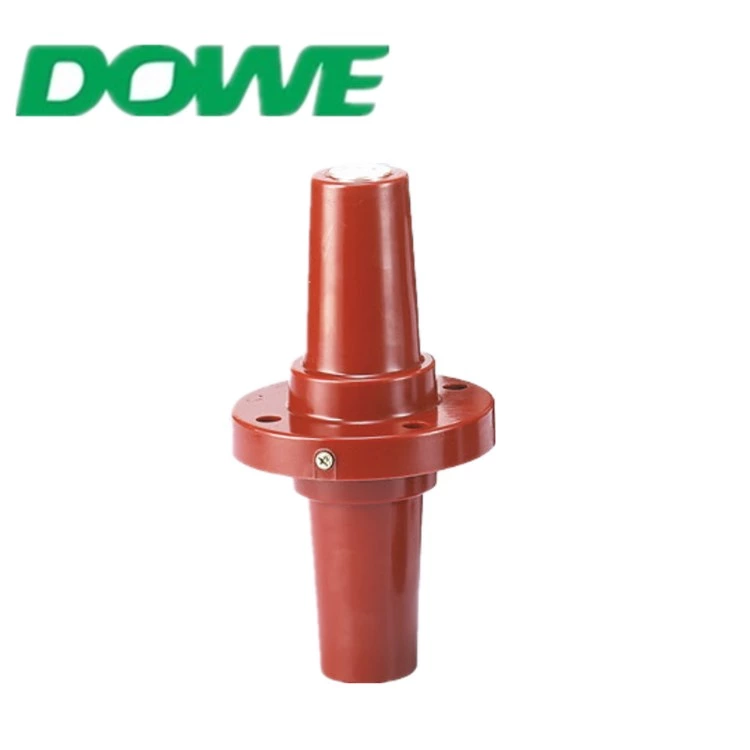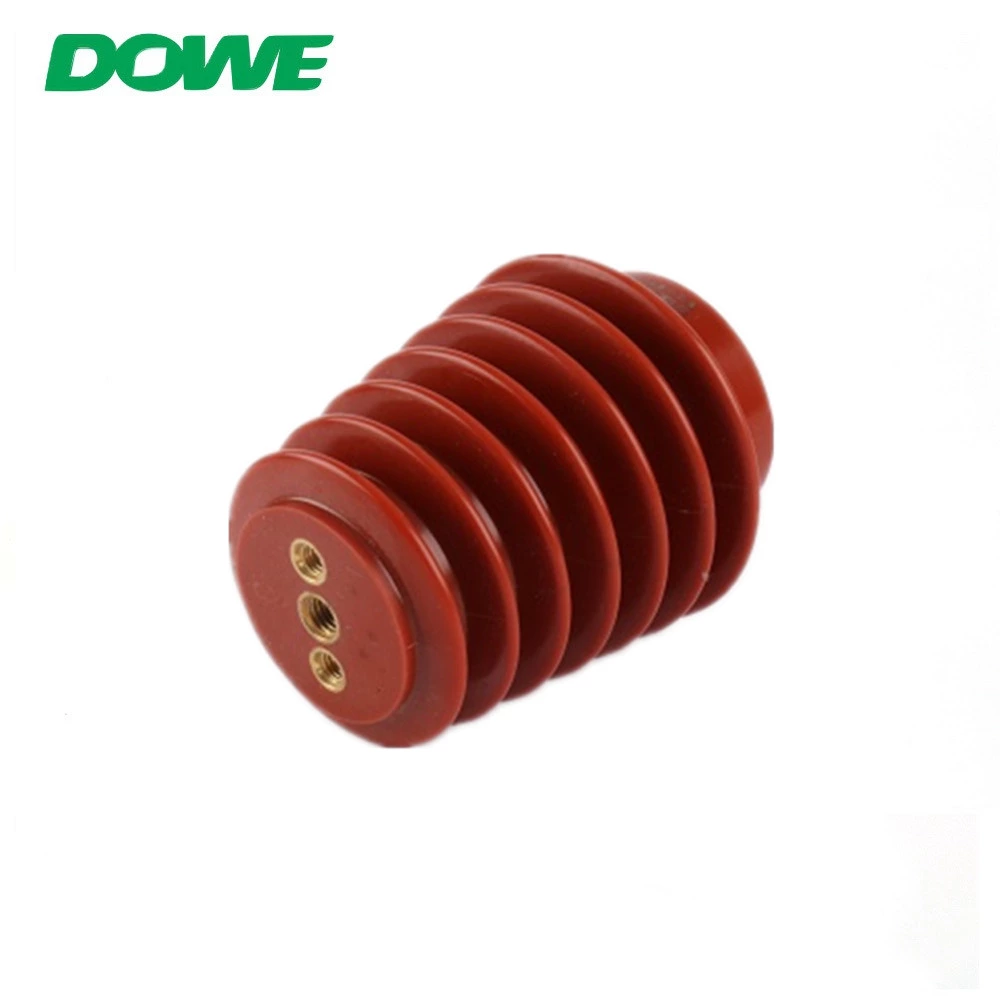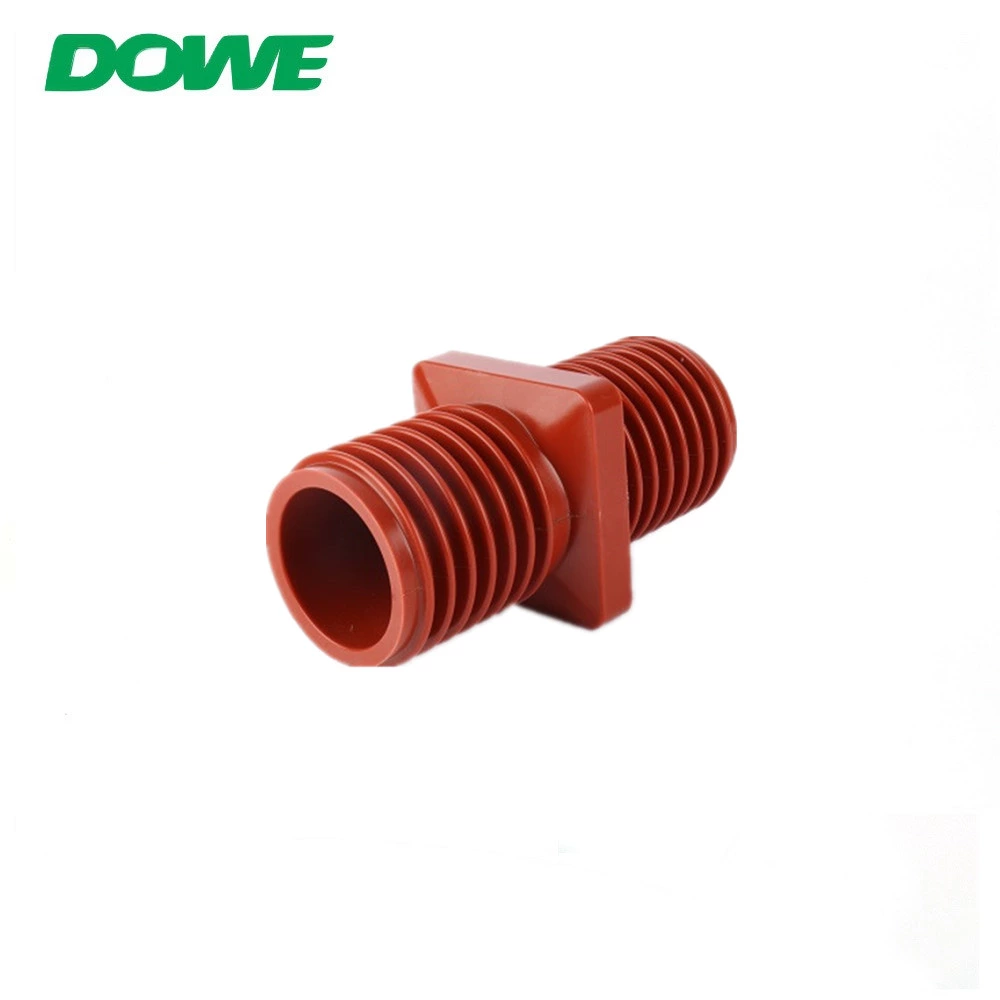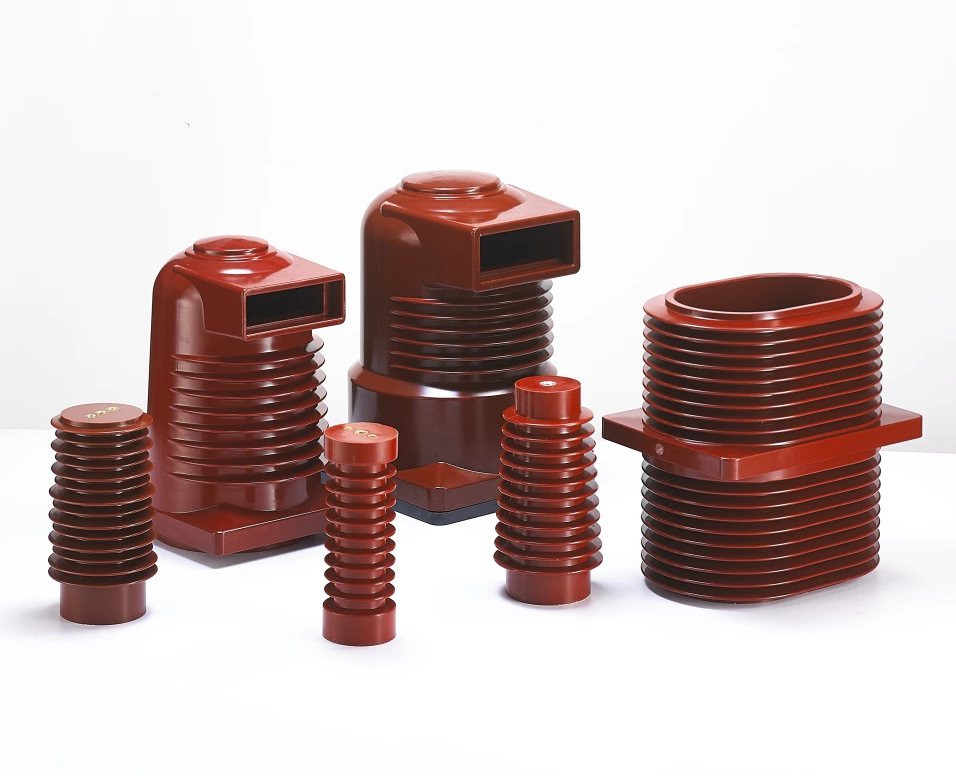How to Evaluate Busbar Support Insulator Specifications When Sourcing Products?
Sourcing busbar support insulators can be tricky. Choosing the wrong specifications leads to failures, increased costs, and compliance issues. ⚠️ You need the right balance between strength, insulation, and durability.
To evaluate busbar support insulators, check mechanical strength, electrical insulation ratings, compliance with certifications1, and material durability. Compare supplier data sheets and request test reports to validate claims.
Many buyers struggle with misleading specs and incomplete data from suppliers. Let’s break down the key factors so you can make informed sourcing decisions. 📌
Table of Contents
- What Mechanical Strength Factors Should You Check in Busbar Support Insulators?
- What Electrical Properties Define a Reliable Busbar Support Insulator?
- What Certifications Should You Look for When Sourcing Busbar Support Insulators?
- What Materials Are Best for High-Performance Busbar Support Insulators?
- Conclusion
What Mechanical Strength Factors Should You Check in Busbar Support Insulators?
Busbar support insulators must withstand mechanical loads to ensure system stability. A weak insulator can lead to structural failures and downtime.
Key mechanical strength factors include tensile strength, compression resistance, and impact resistance. Check these values in the supplier’s data sheet and request test reports2 for verification.

Why is tensile strength important?
Tensile strength determines how much force an insulator can withstand before breaking. If it's too low, it may crack under stress.
| Specification | Recommended Value (kN) |
|---|---|
| Low Voltage Applications | 5 – 10 |
| Medium Voltage | 10 – 20 |
| High Voltage | 20+ |
Compression resistance: How much load can the insulator handle?
Compression resistance is critical for busbars that carry heavy currents. High-strength materials like BMC3 and epoxy offer superior performance.
How to verify mechanical strength claims?
- Compare supplier data sheets – Are values consistent across brands?
- Request independent test reports – Some suppliers exaggerate claims.
- Ask for small-batch samples – Run your own stress tests before large orders.
What Electrical Properties Define a Reliable Busbar Support Insulator?
Electrical insulation is the primary function of a busbar support insulator. If it fails, it can cause short circuits and equipment damage.
Check the insulator's voltage rating, dielectric strength4, and insulation resistance to ensure safe operation.

How to check dielectric strength?
Dielectric strength (kV/mm) measures how well the material resists electrical breakdown.
| Voltage Level | Minimum Dielectric Strength (kV/mm) |
|---|---|
| Low Voltage (≤1kV) | 10 – 15 |
| Medium Voltage (1-35kV) | 15 – 25 |
| High Voltage (35kV+) | 25+ |
Why is insulation resistance important?
Insulation resistance prevents leakage currents. The higher the value, the better the insulation. Look for values in the GΩ range for high-voltage applications.
What Certifications Should You Look for When Sourcing Busbar Support Insulators?
Certifications ensure compliance with safety and industry standards. Ignoring them can lead to legal risks and unreliable products.
Look for IEC, ANSI, UL, and ASTM certifications to verify quality and regulatory compliance.
Key certifications to consider:
- IEC 60601 – General insulation standards
- UL 94 – Flammability rating for insulating materials
- ASTM D149 – Dielectric strength test standard
- ISO 9001 – Quality management certification
How to verify certification authenticity?
- Request official test certificates from accredited labs
- Cross-check certification numbers on regulatory websites
- Ask for factory audit reports if placing bulk orders
What Materials Are Best for High-Performance Busbar Support Insulators?
Material selection impacts mechanical strength, insulation, and longevity. Some materials degrade faster under high voltage or extreme temperatures.
Common materials include epoxy resin, BMC (Bulk Molding Compound), and porcelain. Each has pros and cons depending on the application.
| Material | Strength | Insulation | Durability | Best For |
|---|---|---|---|---|
| Epoxy Resin | High | Excellent | High | Medium-high voltage |
| BMC | Medium | Good | High | Cost-effective applications |
| Porcelain | High | Excellent | Very High | Harsh environments |
How to choose the right material?
- For high-strength and lightweight applications → Epoxy Resin
- For cost-effective bulk sourcing → BMC
- For extreme weather conditions → Porcelain
Conclusion
Evaluate busbar support insulators based on mechanical strength, electrical properties, certifications, and material quality. Always request test reports and verify supplier claims before purchasing. 🏆
Footnotes:
-
Learn how to verify IEC, UL, and ASTM certifications to ensure compliance with industry standards. ↩
-
Understanding how to validate supplier claims through independent test reports reduces sourcing risks. ↩
-
Explore why BMC is a cost-effective material with good mechanical strength and insulation properties. ↩
-
Discover how dielectric strength impacts the electrical safety of busbar support insulators. ↩
